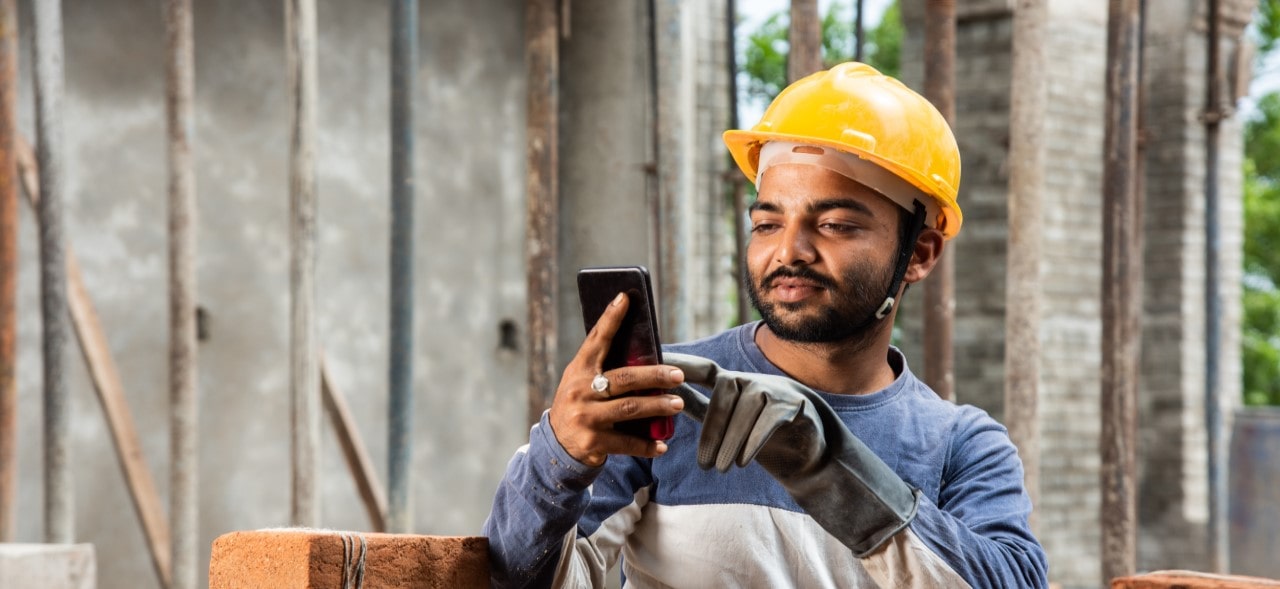
Entitled is a financial service provider for more than 34 million blue-collar workers in India. It sought to enhance its understanding of customer’s financial behavior. Entitled partners with employers to offer various services, which include emergency funds, rewards, healthcare discounts, savings programs, and counseling.
MSC collaborated with Entitled to analyze mobile message data. We employed text-mining techniques to extract transaction-related information. We used this data to create detailed financial profiles of Entitled’s customers. MSC also developed an interactive tool that allows Entitled to use these functionalities for ongoing and future analysis.
Our interventions have enhanced Entitled’s ability to tailor financial services to its customers’ needs.
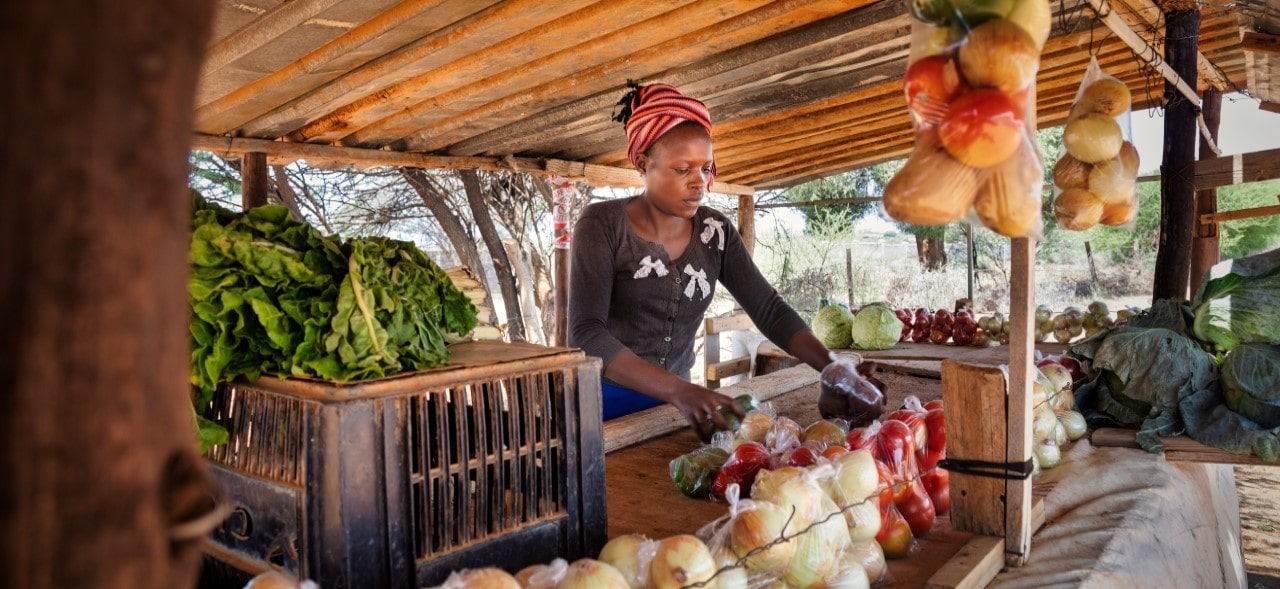
MSC led the Monitoring, Evaluation, and Learning (MEL) of the micro and small enterprises (MSE) recovery fund. This revolving credit facility was launched to support Uganda’s MSEs recover from the economic disruptions caused by the COVID-19 pandemic. The project sought to ensure that the Fund’s design and delivery remained responsive, equitable, and grounded in real-time evidence.
MSC played a central role to improve the Fund’s monitoring, results measurement (MRM), and learning systems. Our team designed and implemented a concurrent monitoring framework to track performance indicators in real time. We conducted a nationwide quantitative survey, which reached more than 50,000 MSEs to collect actionable data on financial behavior, credit usage, and recovery progress. We also carried out gender-disaggregated analyses to evaluate the Fund’s reach and effectiveness among women-led enterprises. These analyses assessed broader outcome indicators related to financial stability and business resilience.
Our work featured innovative digital tools and ethical, context-sensitive research methodologies for safe, timely, and inclusive data collection during a period of heightened vulnerability. Our insights informed evidence-based recommendations that enabled FSDU and its partners to make strategic adjustments to enhance the Fund’s effectiveness. These adjustments improved the Fund’s transparency, equity, and ability to serve the most affected segments of Uganda’s MSE sector.
Financial Sector Deepening Uganda (FSDU) and the Mastercard Foundation commissioned the project.
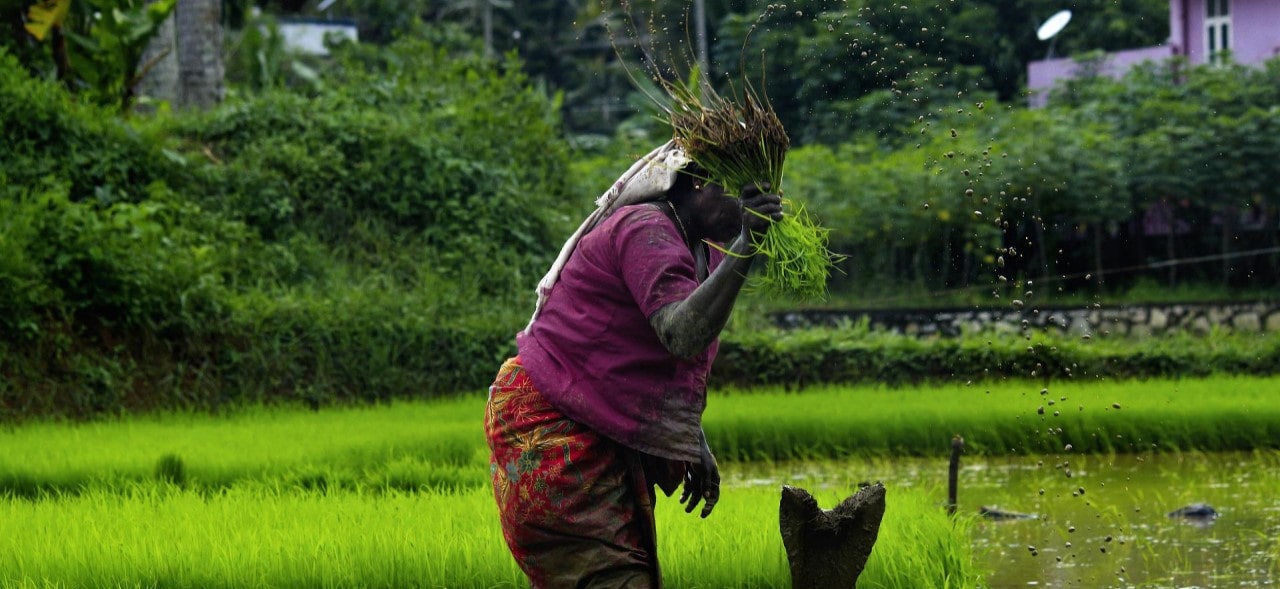
MSC conducted a comprehensive impact evaluation for a leading microfinance institution (MFI) in Sri Lanka. The study rigorously assessed the impact of the MFI’s loans and services on its clients with a focus on how these offerings influence and elevate their livelihoods compared to a counterfactual group.
The evaluation employed a mixed-method research approach, which incorporated a detailed portfolio analysis of the institution. Additionally, we used a difference-in-difference methodology to robustly evaluate the impact of loans and services, which ensured a thorough understanding of the MFI’s contributions to its clients’ socioeconomic well-being. The key outcomes examined include changes in income, savings, and critical social indicators, such as health, education, and economic resilience.
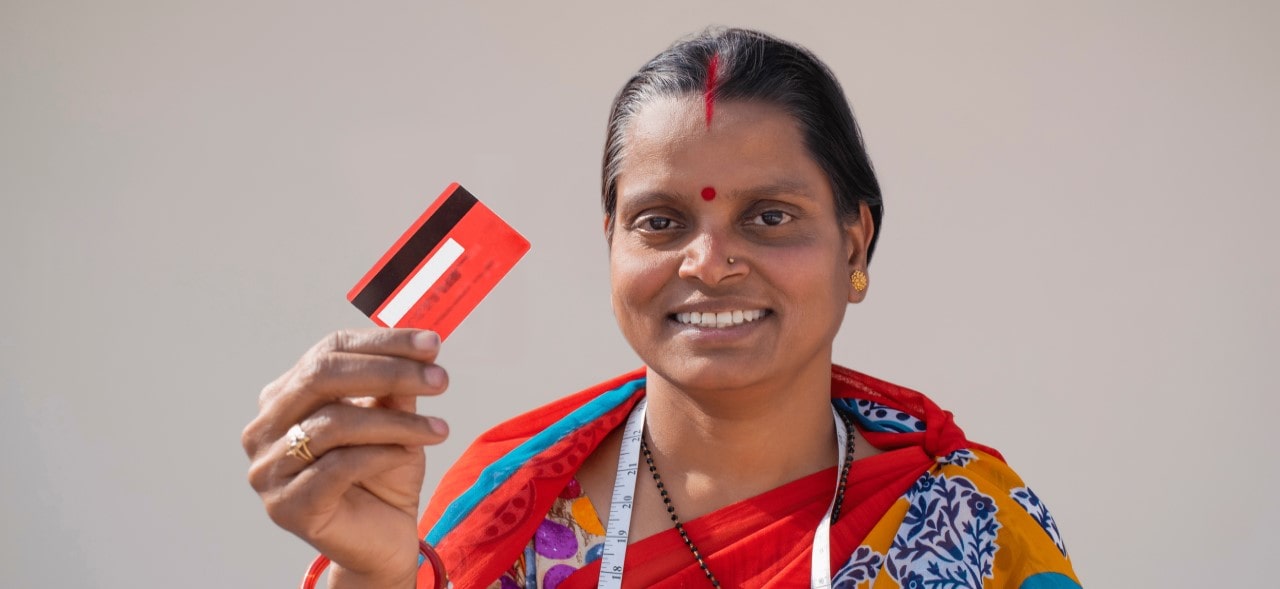
Frontier Markets, a rural social commerce platform, sought to optimize the performance of its frontline workers, known as Sahelis.
To achieve this, MSC developed a comprehensive profiling system that improved the recruitment process and identified the specific traits that contribute to high-performing Sahelis. We used multiple machine learning algorithms to provide Frontier Markets with valuable insights.
These insights enabled Frontier Markets to refine its recruitment strategies and enhance the overall effectiveness of its Saheli workforce.
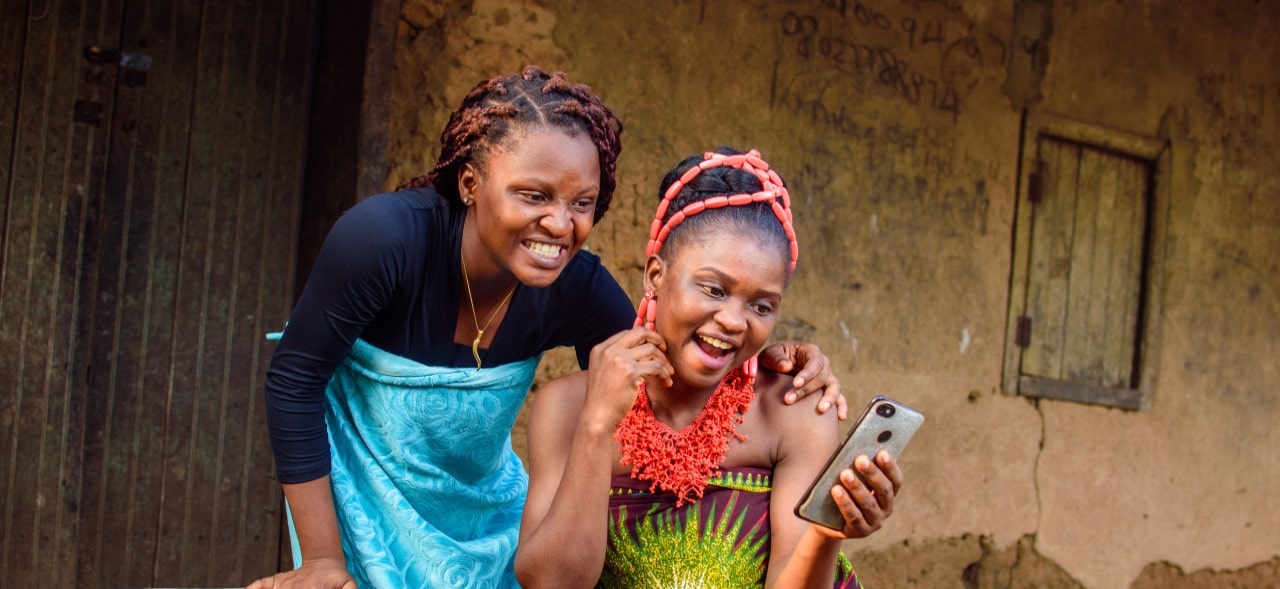
MSC has been collaborating with Stanbic Bank Kenya to create a comprehensive integrated monitoring, evaluation, research, and learning (MERL) framework. This framework enables the bank to track and enhance its initiatives effectively.
MSC used theory of change (TOC) and logframe methodologies to help Stanbic Bank map the causal logic of its programs and defined activities, outputs, and outcomes along with associated assumptions and risks. This approach ensures alignment with broader goals, such as sustainable economic growth in Kenya and Sudan.
MSC’s support will help Stanbic Bank achieve these goals, strengthen its ability to make data-driven decisions, and improve strategies.
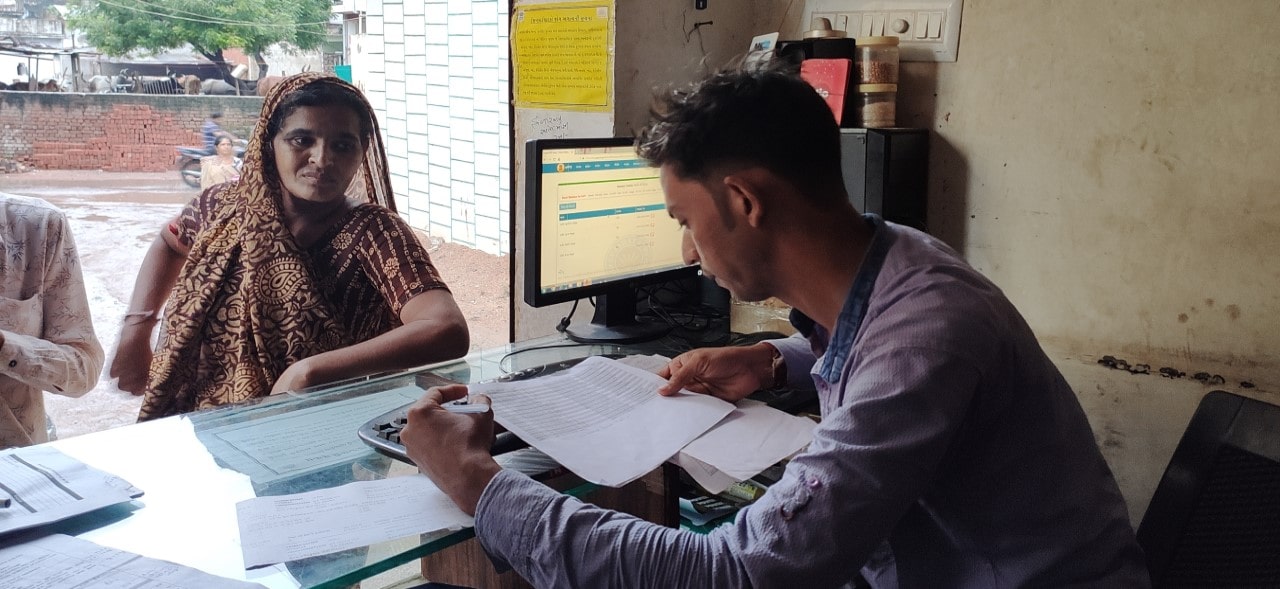
The Airtel Payments Bank (APB) sought to broaden its reach and provide financial services in previously unserved or underserved regions of Uttar Pradesh and Bihar. MSC partnered with the APB to identify viable locations to recruit new agents and maximize customer outreach.
MSC used geospatial analysis to map APB’s existing agent locations and pinpoint strategic sites where new agents could be placed to serve the maximum number of unserved or underserved populations effectively.
This approach enabled APB to optimize its agent network, which ensured broader access to financial services in these key regions.





